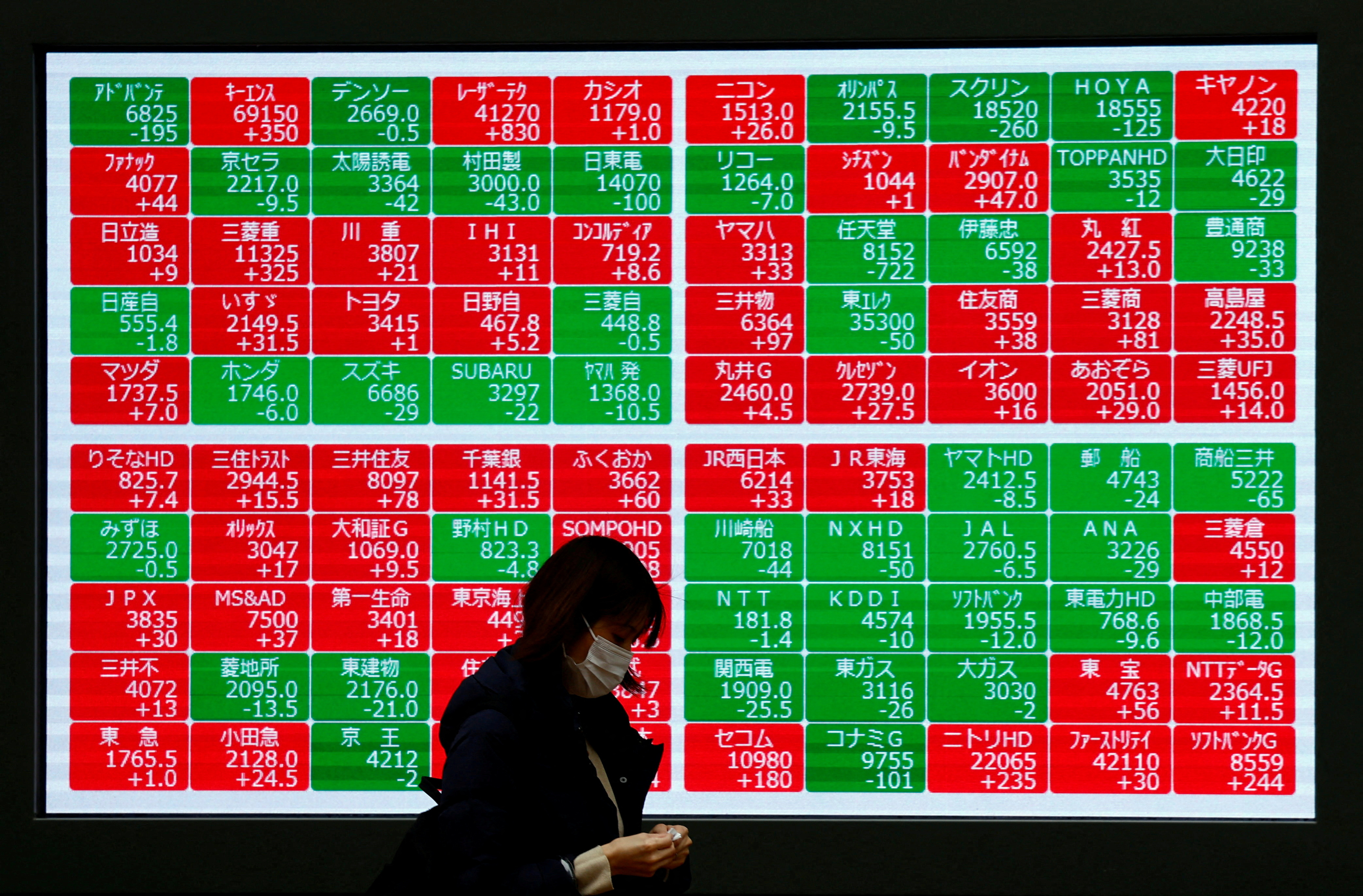Franco-British Summit to Address Migration and Reinforce Sustainable Development Goals
A state visit by French President Emmanuel Macron to the United Kingdom has underscored a mutual commitment to addressing irregular migration through enhanced bilateral cooperation. The discussions, held in anticipation of a UK-France summit, have framed the issue within the context of international responsibility and the principles of the Sustainable Development Goals (SDGs).
Upholding SDG 10: Reducing Inequalities through Managed Migration
President Macron, in an address to the British Parliament, emphasized the “shared responsibility” of France and the UK to manage migration. This approach directly aligns with SDG 10 (Reduced Inequalities), particularly Target 10.7, which calls for facilitating orderly, safe, regular, and responsible migration. While acknowledging the legitimacy of migrants’ hopes for a better life, the President stressed that national regulations must be respected. He called for a migration policy founded on:
- Humanity
- Solidarity
- Fairness
Combating Illicit Activities in Line with SDG 16: Peace, Justice and Strong Institutions
A key focus of the President’s address was the imperative to dismantle criminal networks that exploit vulnerable individuals. This objective is central to SDG 16 (Peace, Justice and Strong Institutions), which seeks to end abuse, exploitation, and trafficking (Target 16.2) and combat all forms of organized crime (Target 16.4). President Macron condemned the “cynical exploitation” of human hope and the “disrespect for human life” exhibited by these networks, positioning the joint Franco-British effort as a measure to strengthen justice and security.
Strengthening Bilateral Cooperation: A Commitment to SDG 17: Partnerships for the Goals
The upcoming summit is poised to deliver “tangible results” and the “best ever cooperation” between the two nations, embodying the spirit of SDG 17 (Partnerships for the Goals). King Charles III echoed this sentiment, noting the summit would “deepen our alliance and broaden our partnerships.” A significant proposal under discussion is a migrant returns agreement, which illustrates a practical application of this partnership.
- The proposed scheme involves the return of undocumented asylum seekers who have crossed the Channel to the UK.
- In exchange, the UK would accept asylum seekers currently in France who have legitimate claims to be in the UK, such as existing family ties.
This partnership extends to defence and security, including joint support for Ukraine, further reinforcing the commitment to SDG 16 by defending liberty and promoting peaceful societies.
Broader Implications for European Sovereignty and Economic Resilience
President Macron also addressed the UK’s role post-Brexit, asserting that the nation cannot remain “on the sidelines” of continental affairs. He advocated for greater European sovereignty to reduce economic dependence on the US and China, a goal that supports SDG 8 (Decent Work and Economic Growth) and SDG 9 (Industry, Innovation and Infrastructure) by fostering resilient and self-sufficient economies. This reinforces the interconnected nature of security, economic stability, and sustainable development across Europe.
Analysis of Sustainable Development Goals (SDGs) in the Article
1. Which SDGs are addressed or connected to the issues highlighted in the article?
- SDG 10: Reduced Inequalities – The article’s central theme of managing “illegal migration” and creating policies for asylum seekers directly relates to this goal.
- SDG 16: Peace, Justice and Strong Institutions – The focus on tackling “criminal networks” and establishing international cooperation and agreements to manage migration connects to promoting justice and building effective institutions.
- SDG 17: Partnerships for the Goals – The entire article is about the bilateral cooperation between the UK and France, exemplified by the “UK-France summit,” to address a shared challenge.
2. What specific targets under those SDGs can be identified based on the article’s content?
SDG 10: Reduced Inequalities
- Target 10.7: Facilitate orderly, safe, regular and responsible migration and mobility of people, including through the implementation of planned and well-managed migration policies.
The article discusses the “small boats crisis” and “irregular migration,” which are the opposite of orderly and safe migration. The proposed “one-for-one swap” and the summit’s aim to achieve “tangible results” are efforts to create well-managed migration policies to address this issue. President Macron’s statement about the need to “address irregular migration with humanity, solidarity and fairness” reinforces this connection.
SDG 16: Peace, Justice and Strong Institutions
- Target 16.4: By 2030, significantly reduce illicit financial and arms flows, strengthen the recovery and return of stolen assets and combat all forms of organized crime.
President Macron explicitly mentions the need to prevent “criminal networks to cynically exploit the hopes of so many individuals with so little respect for human life.” The cooperation between the UK and France aims to combat these organized crime networks that facilitate illegal channel crossings. - Target 16.a: Strengthen relevant national institutions, including through international cooperation, to build capacity at all levels… to prevent violence and combat terrorism and crime.
The UK-France summit is a form of international cooperation designed to strengthen the capacity of both nations to combat the crime of human trafficking and manage migration flows. The goal of achieving the “best ever cooperation” signifies an effort to strengthen institutional responses.
SDG 17: Partnerships for the Goals
- Target 17.16: Enhance the global partnership for sustainable development, complemented by multi-stakeholder partnerships that mobilize and share knowledge, expertise, technology and financial resources.
The article is centered on the partnership between the UK and France. King Charles’s statement that the summit would “deepen our alliance and broaden our partnerships still further” and President Macron’s call for “shared responsibility” directly embody the spirit of this target.
3. Are there any indicators mentioned or implied in the article that can be used to measure progress towards the identified targets?
Indicators for Target 10.7
- Number of irregular migrants: The article provides a specific figure: “more than 20,000 migrants crossed the English Channel to the UK in the first six months of this year.” A reduction in this number would be a key indicator of progress towards facilitating orderly and safe migration.
- Implementation of migration agreements: The proposed “one-for-one swap” deal is a policy initiative. Its successful implementation and the number of people processed through this legal channel would serve as an indicator of a “well-managed migration policy.”
Indicators for Target 16.4
- Reduction in human trafficking activities: While not quantified, progress would be measured by a decrease in the activities of the “criminal networks” that exploit migrants. This would likely correlate with a reduction in the number of small boat crossings.
Indicators for Target 17.16
- Formal bilateral agreements: The successful outcome of the “UK-France summit,” particularly the signing of a formal deal on migrant returns, serves as a direct indicator of an effective partnership being established.
4. Table of SDGs, Targets, and Indicators
| SDGs | Targets | Indicators |
|---|---|---|
| SDG 10: Reduced Inequalities | 10.7: Facilitate orderly, safe, regular and responsible migration and mobility of people, including through the implementation of planned and well-managed migration policies. |
|
| SDG 16: Peace, Justice and Strong Institutions |
16.4: …combat all forms of organized crime.
16.a: Strengthen relevant national institutions, including through international cooperation… to… combat… crime. |
|
| SDG 17: Partnerships for the Goals | 17.16: Enhance the global partnership for sustainable development, complemented by multi-stakeholder partnerships… |
|
Source: news.sky.com







